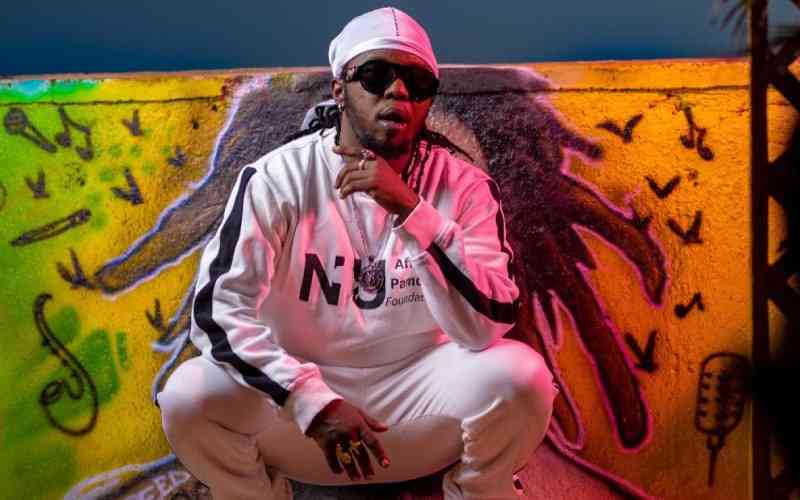With three cases of Ebola diagnosed in the United States but dozens of people being monitored in case they contract the disease, President Barack Obama urged Americans not to give in to "hysteria" about the spread of the virus.
Obama also made plain he is not currently planning to give in to demands from some lawmakers for a ban on travelers from the worst-hit countries.
"We can't just cut ourselves off from West Africa," Obama said in his weekly radio address. "Trying to seal off an entire region of the world - if that were even possible - could actually make the situation worse," he said.
The worst Ebola outbreak on record has killed more than 4,500 people, most of them in the West African countries of Liberia, Sierra Leone and Guinea.
Obama, whose approval rating is already low, has been criticized over his administration's handling of Ebola. He held a flurry of meetings on the issue in recent days and on Friday appointed Ron Klain, a lawyer with long Washington experience, to oversee the effort to contain the disease.
Republicans questioned why he did not pick a medical expert.
"I hope he (Klain) is successful in this. I think it's a step in the right direction, but I just question picking someone without any background in public health," Republican Representative Ed Royce, chairman of the House Foreign Affairs Committee, told CNN on Saturday.
The Obama administration is not alone in facing criticism. The World Health Organization has been faulted for failing to do enough to halt the spread of Ebola since the outbreak was first detected in March.
On Saturday, the agency promised it would publish a full review of its handling of the crisis once the outbreak was under control, in response to a leaked document that appeared to acknowledge that it had failed to do enough.
There is no cure or approved vaccine yet for Ebola but pharmaceutical companies have been working on experimental drugs. Canada said on Saturday it would ship 800 vials of its experimental Ebola vaccine to the WHO in Geneva, starting on Monday.
The WHO, in consultation with health authorities in the countries most affected by Ebola, would decide on how the vaccine will be distributed and used, the Public Health Agency of Canada said in a statement.
The vaccine was undergoing clinical trials at Walter Reed Army Institute of Research in the United States, it said. Iowa-based NewLink Genetics Corp holds the commercial license for the Canadian vaccine.
Britain's biggest drugmaker GlaxoSmithKline said on Saturday that work to develop a vaccine was moving at an "unprecedented rate" and the next phase - if successful - involving vaccinating frontline healthcare workers, would begin early 2015.
 The Standard Group Plc is a
multi-media organization with investments in media platforms spanning newspaper
print operations, television, radio broadcasting, digital and online services. The
Standard Group is recognized as a leading multi-media house in Kenya with a key
influence in matters of national and international interest.
The Standard Group Plc is a
multi-media organization with investments in media platforms spanning newspaper
print operations, television, radio broadcasting, digital and online services. The
Standard Group is recognized as a leading multi-media house in Kenya with a key
influence in matters of national and international interest.
 The Standard Group Plc is a
multi-media organization with investments in media platforms spanning newspaper
print operations, television, radio broadcasting, digital and online services. The
Standard Group is recognized as a leading multi-media house in Kenya with a key
influence in matters of national and international interest.
The Standard Group Plc is a
multi-media organization with investments in media platforms spanning newspaper
print operations, television, radio broadcasting, digital and online services. The
Standard Group is recognized as a leading multi-media house in Kenya with a key
influence in matters of national and international interest.





